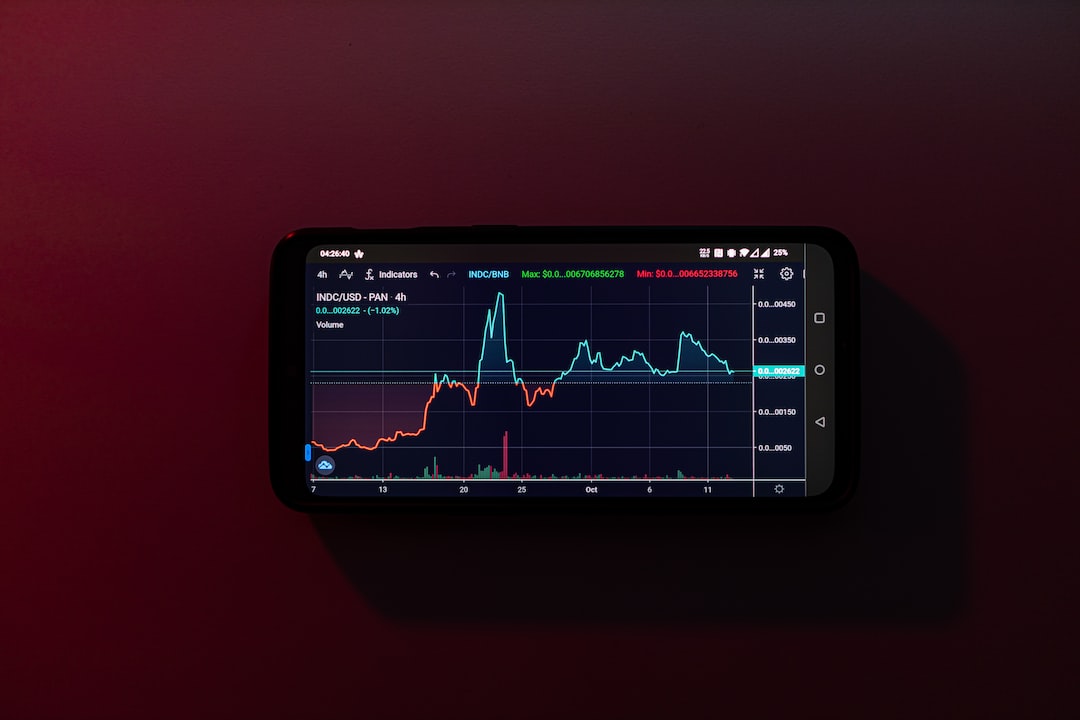The UK’s Financial Conduct Authority (FCA) Criticized for Slow Enforcement of Crypto Laws
The National Audit Office (NAO) in the UK has criticized the Financial Conduct Authority (FCA) for its slow approach to enforcing crypto laws and a lack of staff with expertise in cryptocurrencies. The NAO’s report highlighted the potential impact of crypto-assets as an area of uncertainty that could hinder the FCA’s regulatory effectiveness. While the FCA mandated compliance with anti-money laundering regulations for digital asset firms in January 2020, it did not take enforcement actions against illegal operators of crypto ATMs until February 2023. This raises concerns about the FCA’s ability to address risks effectively within the crypto sector.
New Hires and Focus on Crypto Expertise
The FCA has been making changes to its data management practices to identify risks more efficiently. However, these efforts are expected to take years, with identified data risks not anticipated to be mitigated before 2025. Staff turnover, including at senior levels, has been an ongoing issue for the FCA. Although turnover rates have decreased, specialist areas still face delivery risks due to high turnover. To address this, the FCA has recruited and trained over 2,000 new staff members, including seven out of 11 senior officials who joined since September 2020.
Significant Crackdown on Illicit Crypto Activity
The FCA is actively enhancing its international engagement efforts to strategically manage global developments. It has established a new international steering committee for cross-organizational oversight and support. The FCA collaborates with other organizations to address common issues across various sectors. Between January 2020 and June 2023, the FCA was responsible for over 1,400 cases of illegal digital asset activity and received over 13,350 scam reports. It supervises 50,000 firms across the UK.
Hot Take: The Global Cryptocurrency Market Continues to Grow
The global cryptocurrency market currently has a market cap of $1.59 trillion, according to data from CoinGecko. This represents a 3% change in the last 24 hours and an impressive 90.23% change compared to one year ago.





 By
By
 By
By
 By
By

 By
By